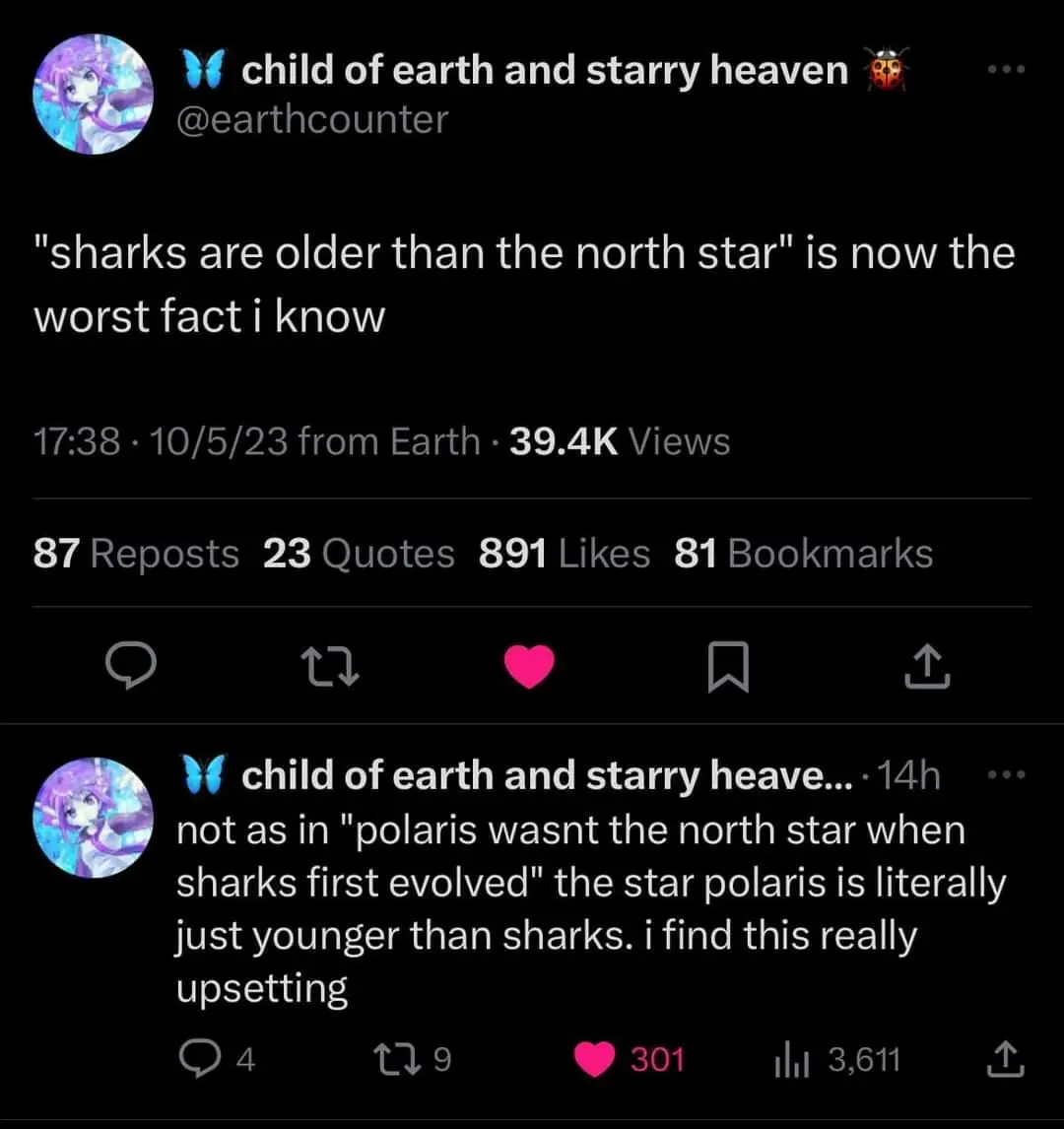this post was submitted on 08 Nov 2023
701 points (99.9% liked)
196
16905 readers
1181 users here now
Be sure to follow the rule before you head out.
Rule: You must post before you leave.
If you have any questions, feel free to contact us on our matrix channel.
founded 2 years ago
MODERATORS
you are viewing a single comment's thread
view the rest of the comments
view the rest of the comments

75% estimated extinction rate is quite close to me. :)
75% of all species, not all life. Larger species and photosynthesizers were more heavily affected, while smaller species, scavengers, and deep sea life were less affected.
And I'm not a biologist, but I'm pretty sure even 75% of all life, not species, still wouldn't be close to completely ending life on Earth, cause in the end as long as some microbes survived around a hydrothermal vent somewhere total extinction would be avoided.
I still think that "lifeless rock" does not specify how lifeless - theoretically extinct or just lifeless enough to make human life either extinct or just miserable. I took it as the latter, and in that case even lesser cases than 75% of all species would suffice.
The first case, the theoretical and non-human focused pov is quite another thing. Like you said, there's so many opportunities and adaptations for life to seap through the combs of doom :)
Going a couple comments up the chain:
So I took it to mean all life on Earth being dead. As long as one microbe survives to reproduce and start evolving it doesn't count.